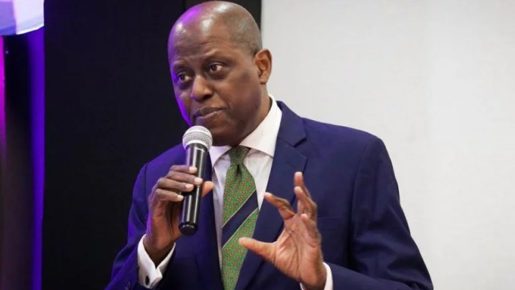The Governor of the Central Bank of Nigeria (CBN), Yemi Cardoso, has forecasted a positive economic outlook for 2024, anticipating a decline in the upward trends of inflation and exchange rates. Cardoso shared these insights during his appearance before the Joint Committee on Banking, Insurance, and Other Financial Institutions in Abuja.
Highlighting key points, Cardoso reported that the total foreign trade reached N18.80 trillion in the third quarter of 2023. Expressing optimism about the domestic economy in 2024, he noted that inflation and exchange rates are expected to absorb volatile pressures, leading to stabilization.
Cardoso stated, “The outlook for the domestic economy remains positive and is expected to maintain the positive trajectory for 2024. Inflation pressures may persist in the short term but are expected to decline in 2024. Exchange rate pressures are also expected to reduce significantly with the smooth functioning of the foreign exchange market.”
Addressing the foreign exchange market, Cardoso mentioned the consolidation of exchange rate windows in June, introducing a new strategy to manage exchange rates and diminish arbitrage, discourage rent-seeking behaviour, and curb speculation in the market. The policy aims to create a market where the demand and supply of foreign exchange determine the exchange rate.
Total trade in the third quarter of 2023 stood at N18.8 trillion, with exports valued at N10.3 trillion and total imports at N8.4 trillion.
On the outlook for revenue from the oil industry, Cardoso expects a decrease in revenue next year due to Nigeria’s OPEC quota set at 1.78 million barrels per day. He attributed the country’s subdued oil production in recent years to factors such as crude oil theft, production shut-ins, and divestment from oil majors.
Notably, Nigeria’s inflation rate has been on a nine-month consistent increase, reaching 27.33% for November, the highest in 18 years. Cardoso’s projections align with the federal government’s expectation of a drop to 21.4% in 2024, as outlined in the budget proposal. Additionally, the naira has faced depreciation, losing over 50% of its value since the CBN unified the foreign exchange market in June, trading at over N1000 to the USD in the parallel market this month.











